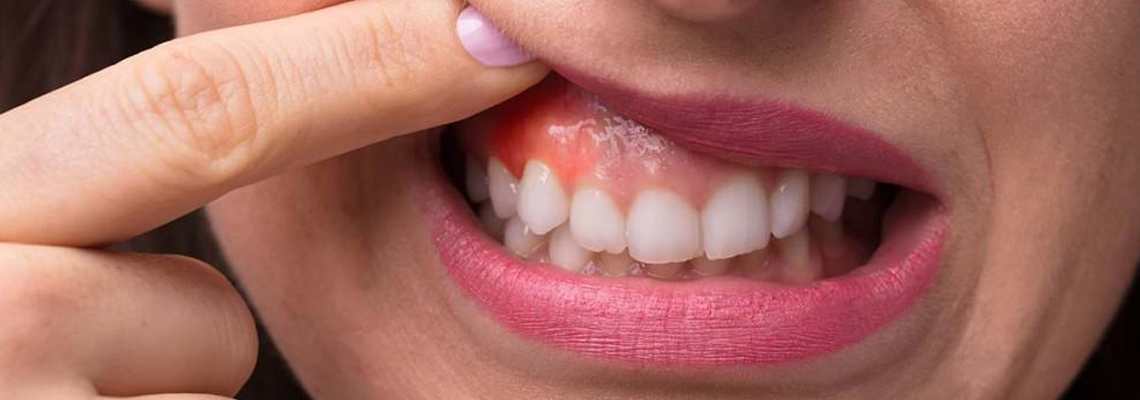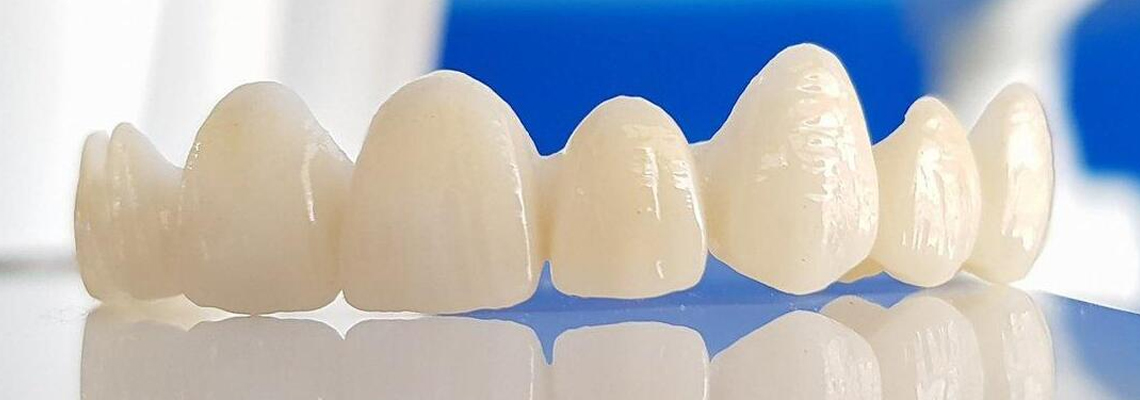Do you find that brushing or flossing causes slight bleeding of the gums? Someone may have politely pointed out that your breath isn’t as minty as it once was. In any scenario, the first sign of periodontal disease—also known as gum disease—could be gingivitis. Read on to discover the warning symptoms of gingivitis, its causes, the best treatments, and the dire outcomes of ignoring this disease.
How Common Is Gum Disease?
About half of all persons over the age of 30 have some sort of gum disease, according to data from the Centers for Disease Control and Prevention. Without proper care, this condition might progress to periodontitis. If left untreated, this severe stage of gum disease can destroy the bone and gums that hold teeth in place over time. The teeth may become loose as a result.
The American Academy of Periodontology reports that, whereas somewhat more than 56% of men suffer from gum disease, about 40% of women do as well. The CDC estimates that 70% of persons over the age of 65 have the illness. The risk increases with age. Positively, gum disease can be avoided and treated, especially if detected in its early, gingival stage. Hence, it is crucial to your oral health that you are aware of the warning symptoms and make an appointment with your dentist as soon as possible if any of them appear.
Symptoms of Gingivitis
Healthy gums are firm and a pale pink tint, and they fit snugly against your teeth so there are no spaces. Gingivitis causes inflammation, but it usually doesn’t cause discomfort, so if you suspect you might have it, keep an eye out for these symptoms:
- Gum bleeding when brushing or flossing
- Modifications to your dental arches (the distance between your teeth) or your bite
- Gums that have receded or separated from the teeth
- Tender, deep-colored crimson or purple gums
- Replaceable teeth
- Having gums that hurt when touched
- Lack of gustatory or halitosis sense
- Consumption-related discomfort or suffering
- puffiness or swelling of the gums
Why Does Gum Disease Develop?
When you don’t take care of your teeth, a sticky, bacterial coating called plaque will form on them. Plaque builds up in your teeth every time you eat something sweet or starchy. The reason for this is because the bacteria in your mouth react to certain foods. Plaque can be avoided by regular tooth brushing and flossing.
If plaque isn’t removed, it will solidify under the gums and become calculus, often known as tartar. This layer acts as a barrier for the bacteria and can only be removed through a thorough dental cleaning. Inflammation of the gum tissues that support your teeth can develop if calculus and germs that form it are not eliminated. Untreated gingivitis can lead to periodontitis and the loss of teeth, and tooth deterioration is almost inevitable without treatment.
Are There Predisposing Factors for Gingivitis?
Although anybody is at risk for gum disease, there are some conditions that increase that risk. Besides neglecting your teeth, these include:
- Uncomfortable dental prosthetics such as ill-fitting dentures, bridges, and crowns
- Your family has a history of gum disease
- Immune-compromised diseases include cancer, HIV/AIDS, and diabetes
- Having cavities filled with subpar materials
- lacking in essential minerals and vitamins
- Menstruation, hormonal shifts, and alternatives to pregnancy prevention
- Medications prescribed by doctors, especially those that cause dry mouth
- Tobacco use, either by smoking or chewing
Could Gum Disease Lead to Other Health Issues?
Gum disease, if left untreated, can lead to tissue and bone degeneration, as well as tooth loss. Recent research suggests it may also play a role in the development of other systemic diseases. Although bacteria were originally thought to be the root of the problem, new evidence suggests inflammation may be at play instead. In addition to tooth loss, gum disease can cause the following health issues:
The American Academy of Periodontology (AAP) warns that, according to the available evidence, gum disease may increase your chance of developing heart disease. Yet, evidence supporting this claim is lacking.
Studies have linked gum disease to an increased risk of stroke by blocking plaque from building up in the arteries leading to the brain. When periodontal disease is treated, the chance of having a stroke caused by a blocked brain artery is reduced, according to two separate studies. Moreover, the likelihood of having blocked brain arteries was about 2.5 times higher in persons with gingivitis.
Pneumonia and other respiratory illnesses have been linked to the bacteria that thrive in the mouths of persons with gum disease, according to studies.
Gum disease increases a person’s chance of developing several malignancies. Men are at greater risk than women since the illness affects more men. Cancer risk among men with periodontal disease is 14 percent higher than among men without the condition. Here are some more numbers that illustrate how likely it is that a man with gum disease may eventually be diagnosed with cancer:
- There is a 30% greater possibility of acquiring blood cancer
- You’re 49% more likely to be diagnosed with kidney cancer
- Probable Increase in Pancreatic Cancer Risk by 54%
Those with diabetes who don’t maintain stable blood sugar levels are at increased risk for periodontal disease. In addition, problems like blindness, nerve damage, and renal disease are more likely to occur when blood sugars are elevated due to a severe mouth infection.
Prevention & Treatment of Gingivitis
Preventing and treating gingivitis is easiest if you keep up with good oral hygiene practices at home. Ask your dentist how often you should brush and floss to effectively combat plaque and bacteria buildup. Also, regular visits to the dentist for cleanings are crucial.
In its early stages, gingivitis is reversible with regular professional teeth cleaning and diligent self-care. It is possible that your dentist will suggest scaling and root planing to remove the plaque and tartar beneath your gums if the irritation has developed to this point. Our dentist will create a unique treatment plan for you.
Are You Looking For Dental Implants
Click on the links below to learn more about the approximately $50,000 savings option for Dr. Motiwala’s packages.
- Full mouth dental implants & Cost of Treatment
- Smile Makeover & Cost of Treatment
- Watch 100’s of Testimonials from our International Patients
Make An Appointment!
Please contact us if you have dental difficulties or are interested to know about dental implants and how they might improve your smile. Dr. Motiwala Dental Clinic & Implant Center may be reached at +91 99596 14584. You can also Contact Us by clicking the banner below.























